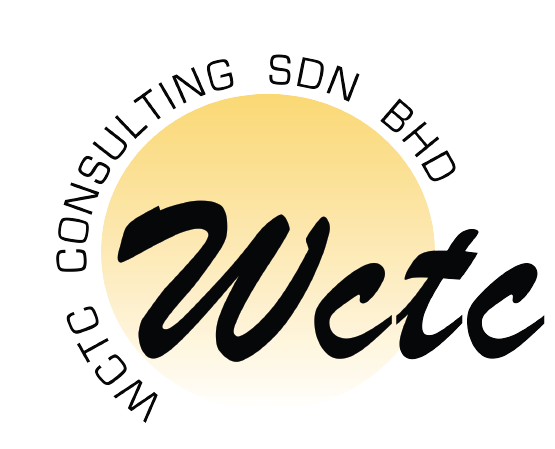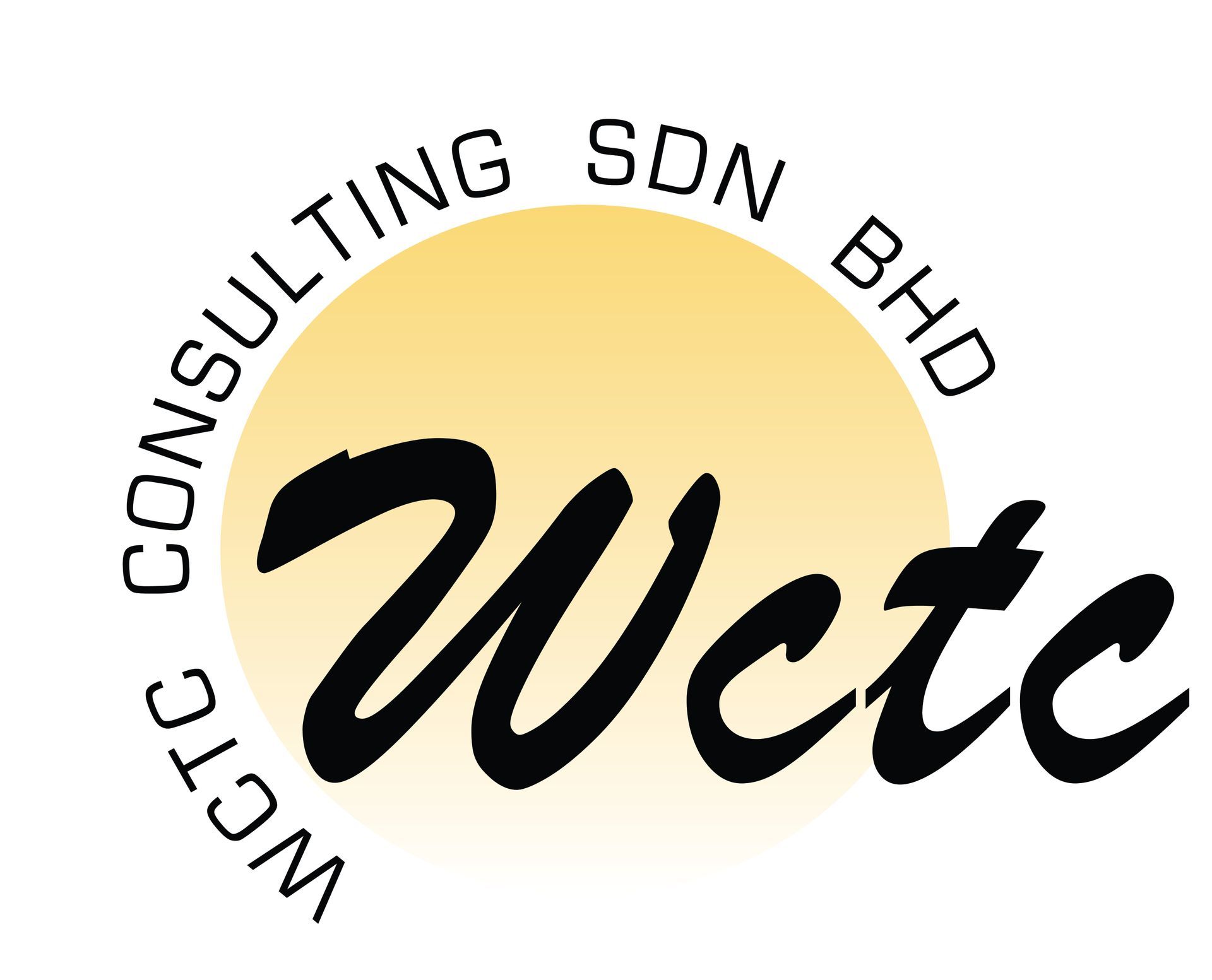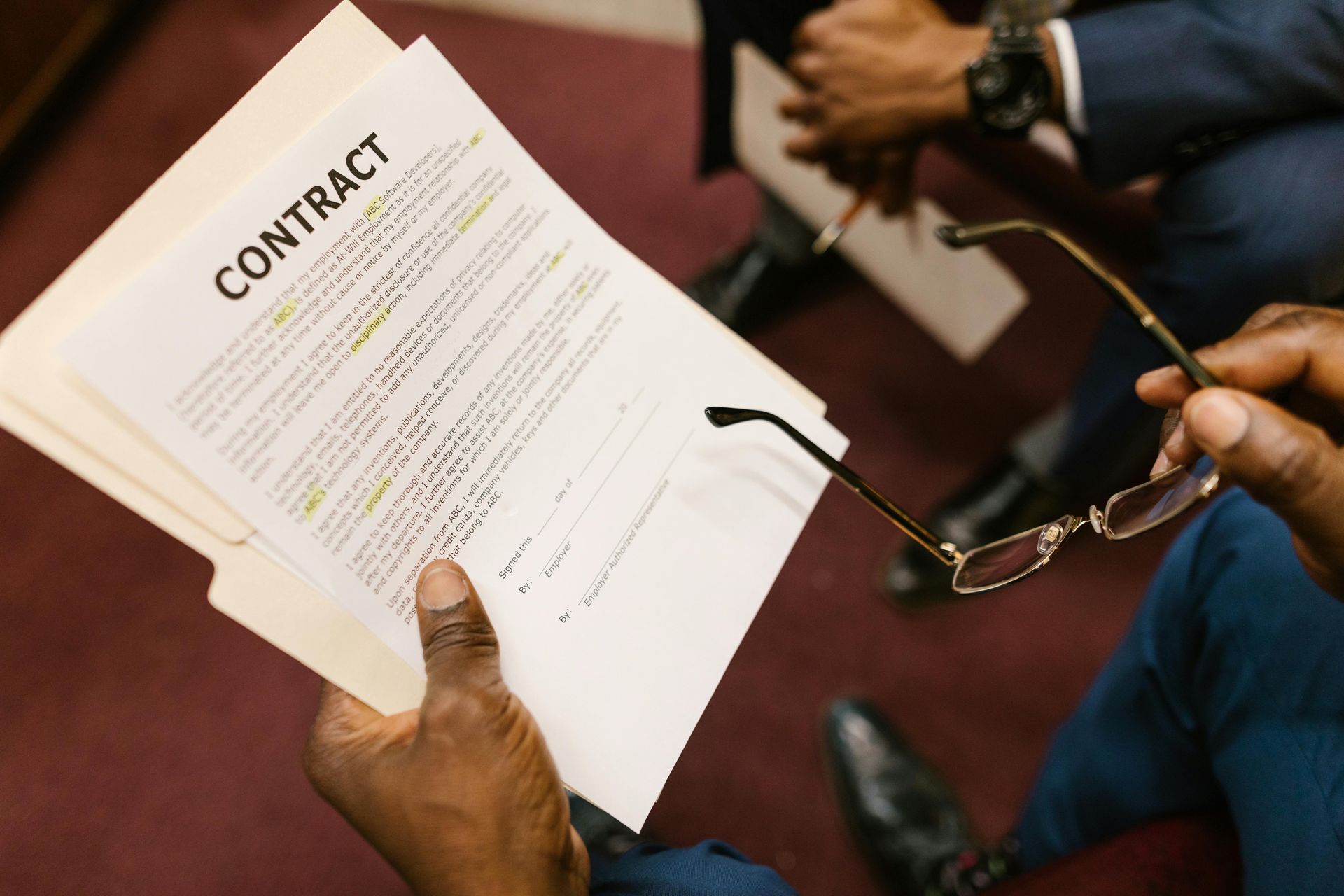OVERVIEW
Negotiating in business is a fact of life, whether it be to close a contract or resolve a dispute. Contract negotiation is the process of coming to an agreement on a set of legally binding terms (negotiation not only with marketplace). It could be with parent company, subsidiaries, suppliers, clients or even internal stakeholders. It could be across internal departments or subsidiaries e.g. Engineering, Production, Finance, and Safety functions. Failure to negotiate a robust contract resulting in reduced profitability and increased business risk, and an increase in personal stress and operational costs.
When two parties negotiate, both parties seek to obtain favourable terms and minimize financial, legal and operational risk. As a result, good negotiating skills can be a valuable asset. This course is custom-made for those who regularly encounter contracts in their everyday role or business. It is designed to provide you with the essential practical skills and knowledge to avoid financially devastating contractual errors.
The course will enable you to deal with negotiating commercial contracts. You will have the skills and knowledge to confidently overcome the complexities inherent in dealing with commercial contracts negotiation in the corporate world.
Two key ingredients to successful contract management are the negotiation of terms and conditions to match business outcomes and a robust, well devised contract design process based on the principle of contract law. Contracting arrangements are governed by commercial and contract law. Both parties are to choose the terms of the contract within the limits of the law.
This intensive training could prevent your organisation losing significant sums of money as it firstly establishes a solid understanding of the benefits of good contract negotiating and how to create a function capable of delivering those benefits through organisational excellence by interpreting the contractual clauses & contractual risks.
Even if you are a contract manager who does not draft the contract, your input to the drafting team/ legal staff is valuable, and will be improved after attending this training.
Even if you are a lawyer who is not involved in business negotiation, it is a vital skill for lawyers to develop effective negotiation skills & make sure contract content is well devised and matches with the business outcomes.
LEARNING OBJECTIVES
- INTERPRET contract law principles & contract clauses in commercial negotiation processes
- DISCUSS right specifications in the commercial contract terms & clauses for effective negotiation
- LEARN the purpose of contract and legal, terms, conditions & implication to prevent contract failure
- IDENTIFY and address different types of underlying interests in the beginning of the negotiation
- AVOID common obstacles & mistakes pre, during contract negotiation and poor vetting on suppliers contract
- UNDERSTAND contractual risks, evaluate potential parties involved & essential elements of negotiation
- DEVELOP a personal action plan for improvement in commercial negotiation
- BUILD confidence in your negotiation ability with a good interpretation of commercial clauses in a contract
- NAVIGATE difficult topics & conflicting interests/ priorities during negotiation
CLICK HERE to see more

Other Workshops:




